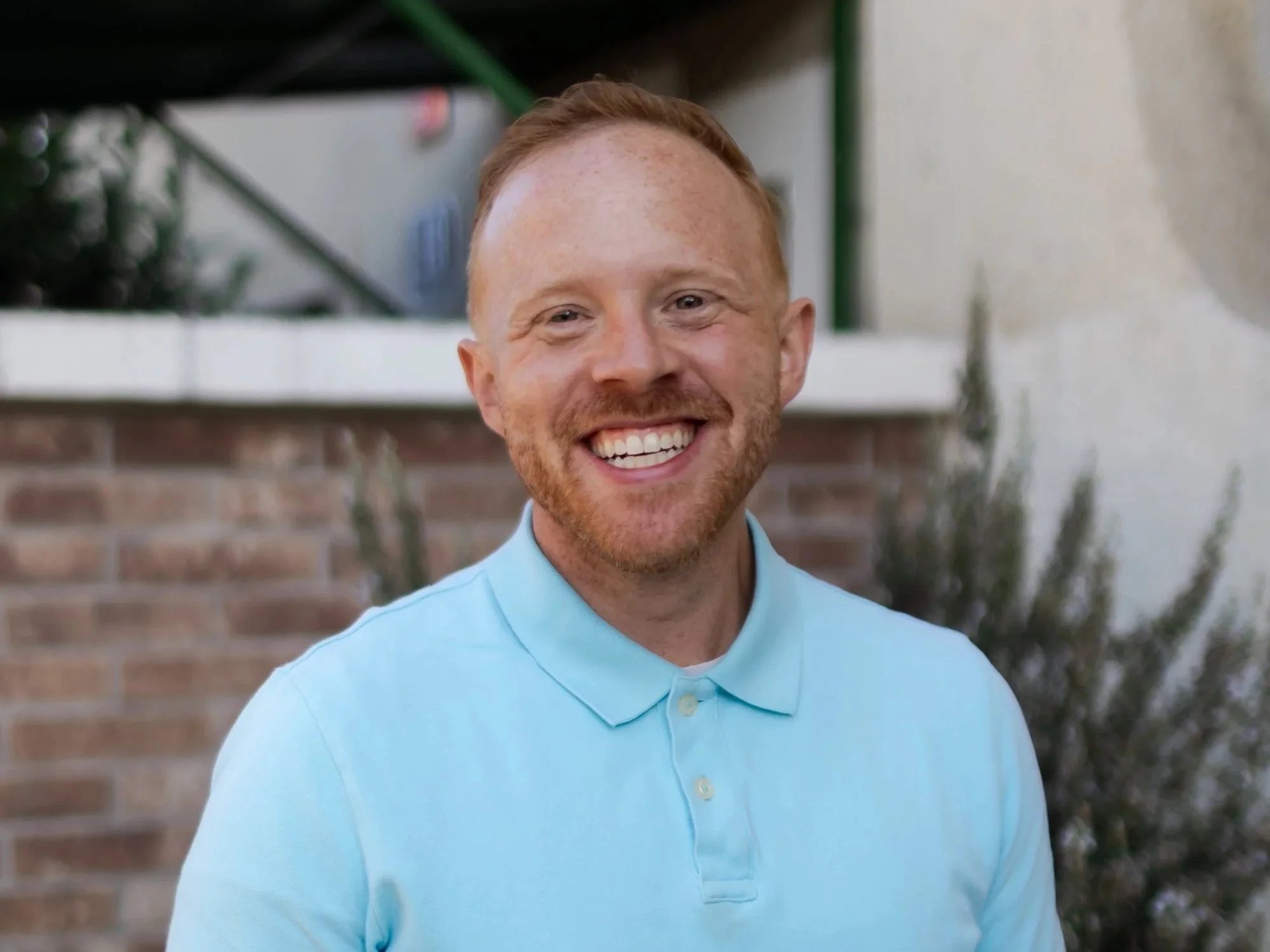Love Your Neighbor
Many years ago there was a conversation between two men. And though the discussion was between these two men, it was a conversation that plenty of bystanders heard. It wasn't a quiet conversation.
In fact, one man began the conversation by interrupting the main speaker in the room. So the bystanders listened as this man in the crowd stood up and challenged the speaker.
The question he presented the speaker with was this: "How do I get to heaven?"
The speaker replied: "What does your religion's holy book tell you about getting to heaven?"
To which the interrupting man stated bluntly: "Love my God with all of me and love my neighbor as myself."
When the speaker told him that to get to heaven he simply needed to do those two things, the interrupting man threw back this question:
Who is my neighbor?
This question was presented over 2,000 years ago by a religious expert addressing Jesus.
And yet, I believe we still struggle with this question today.
Perhaps it's a part of the human condition. That we can never fully come to terms with who our neighbors are in life.
We see this in the world around us don't we?
People define who they love very specifically to those who:
- Look like me.
- Act like me.
- Acknowledge my deity.
- Are in the same political party as me.
- Like the same things that I do.
- Hate the same things that I do.
And when we only love the people who make that list...there are a lot of people remaining for us to hate.
But that's how the world has always been hasn't it? Love those who love you and look like you. Hate those who hate you or don't look like you.
That's been the status quo of survival from the beginning of the human story.
Different is dangerous.
But that concept was turned on its' head by Jesus in his conversation with the religious expert which I described above.
Here's the rest of that conversation
“30 In reply Jesus said: “A man was going down from Jerusalem to Jericho, when he was attacked by robbers. They stripped him of his clothes, beat him and went away, leaving him half dead. 31 A priest happened to be going down the same road, and when he saw the man, he passed by on the other side. 32 So too, a Levite, when he came to the place and saw him, passed by on the other side. 33 But a Samaritan, as he traveled, came where the man was; and when he saw him, he took pity on him. 34 He went to him and bandaged his wounds, pouring on oil and wine. Then he put the man on his own donkey, brought him to an inn and took care of him. 35 The next day he took out two denarii and gave them to the innkeeper. ‘Look after him,’ he said, ‘and when I return, I will reimburse you for any extra expense you may have.’
36 “Which of these three do you think was a neighbor to the man who fell into the hands of robbers?”
37 The expert in the law replied, “The one who had mercy on him.”
Jesus told him, “Go and do likewise.””
Who is our neighbor?
Based off of the quoted conversation above we can answer this question in one of two ways.
First, you are a neighbor when you have mercy and compassion on someone.
Secondly, others are our neighbors when they are in need of mercy, compassion, love, and assistance.
“When someone is taken advantage of and defenseless - they are our neighbor.”
So Jesus' challenged that man - and us - to redefine who we love.
To love those who need love, not just those who give us love.
Love those who need our help, not just those who can give us something.
When someone is in need, they are your neighbor. And when you help someone, you are their neighbor.
That's the challenge we have been given.
To redefine how we love and who we love. To redefine who our neighbor is.
So, in order to properly begin to love your neighbor, you have to begin with the question:
Who is your neighbor?



